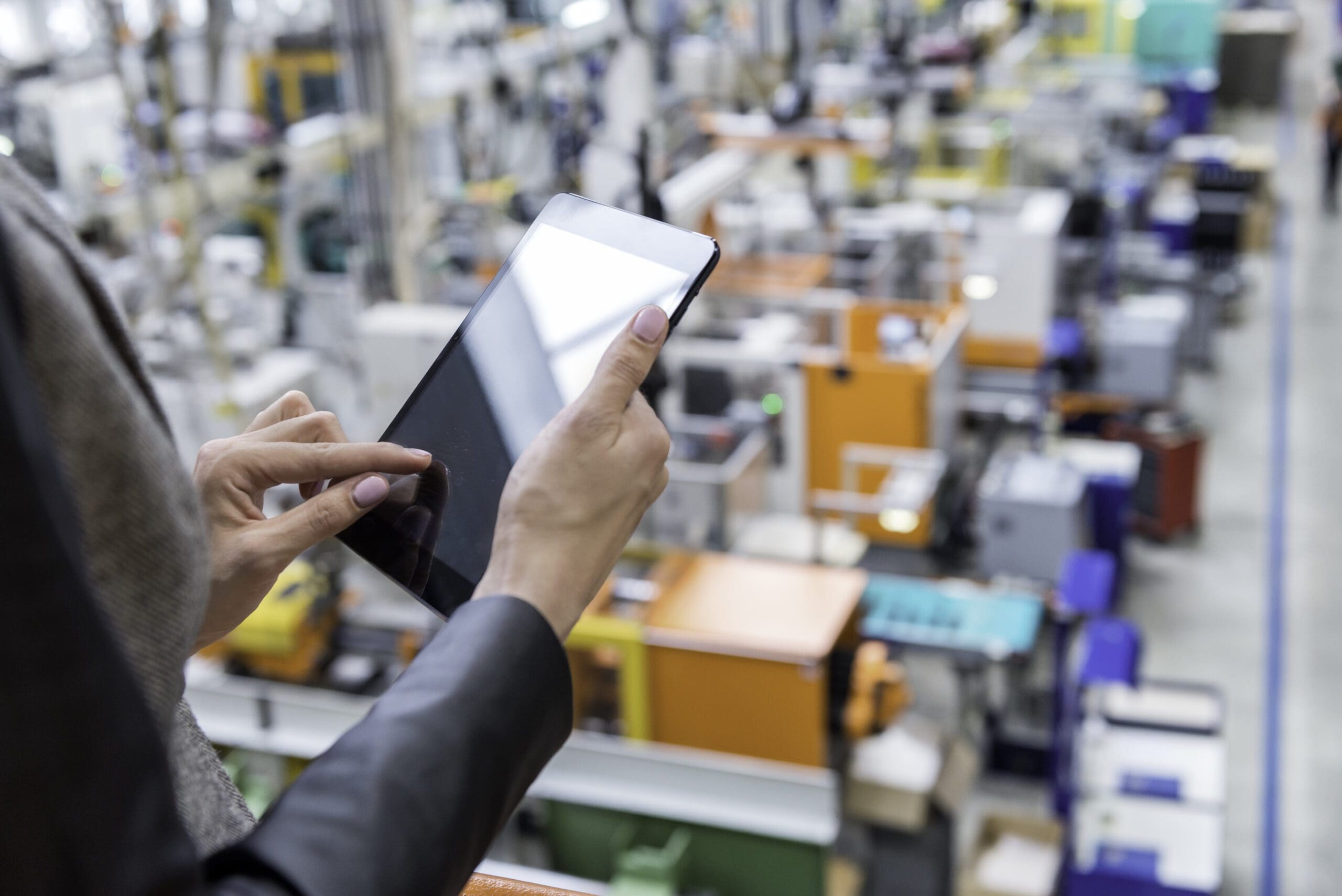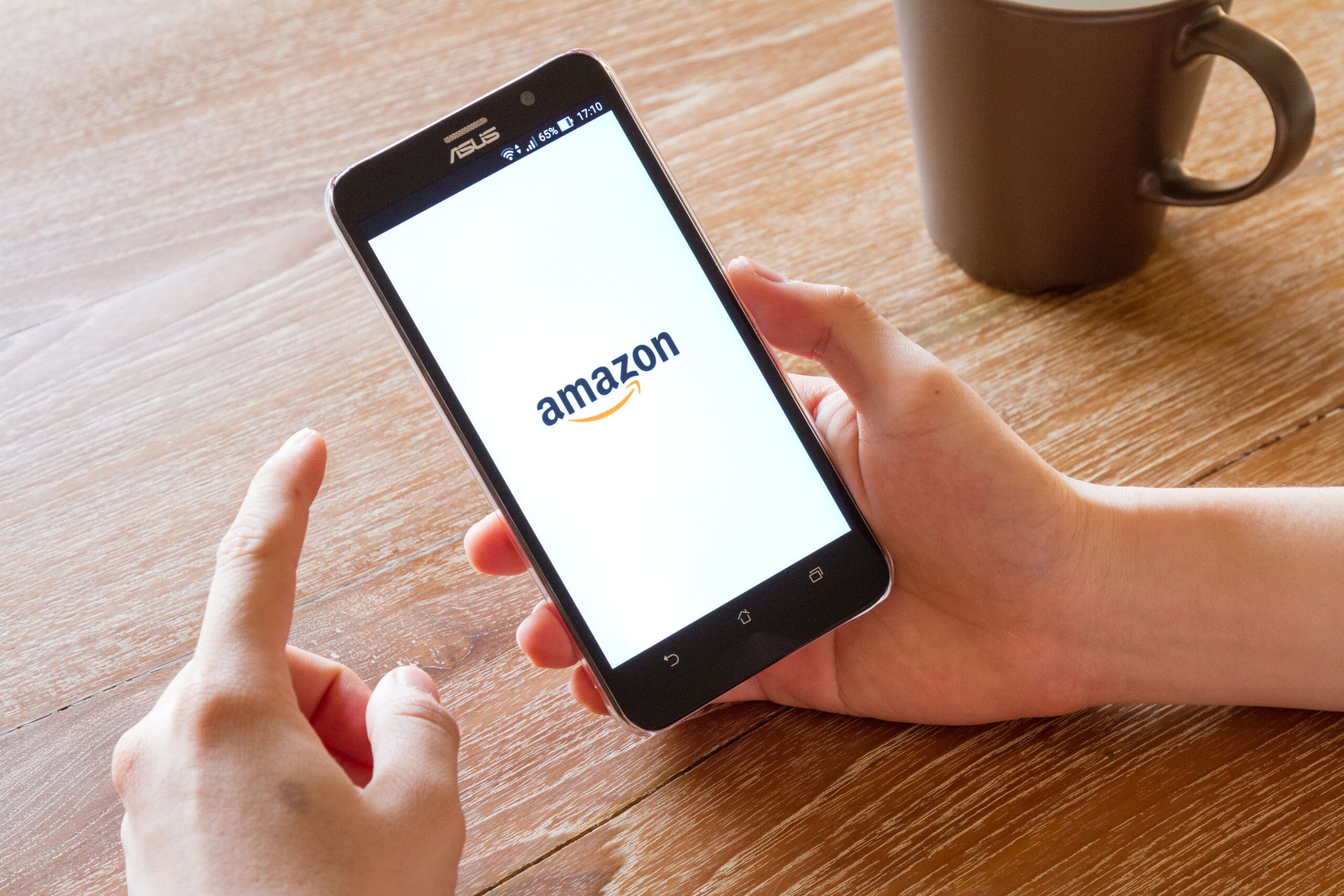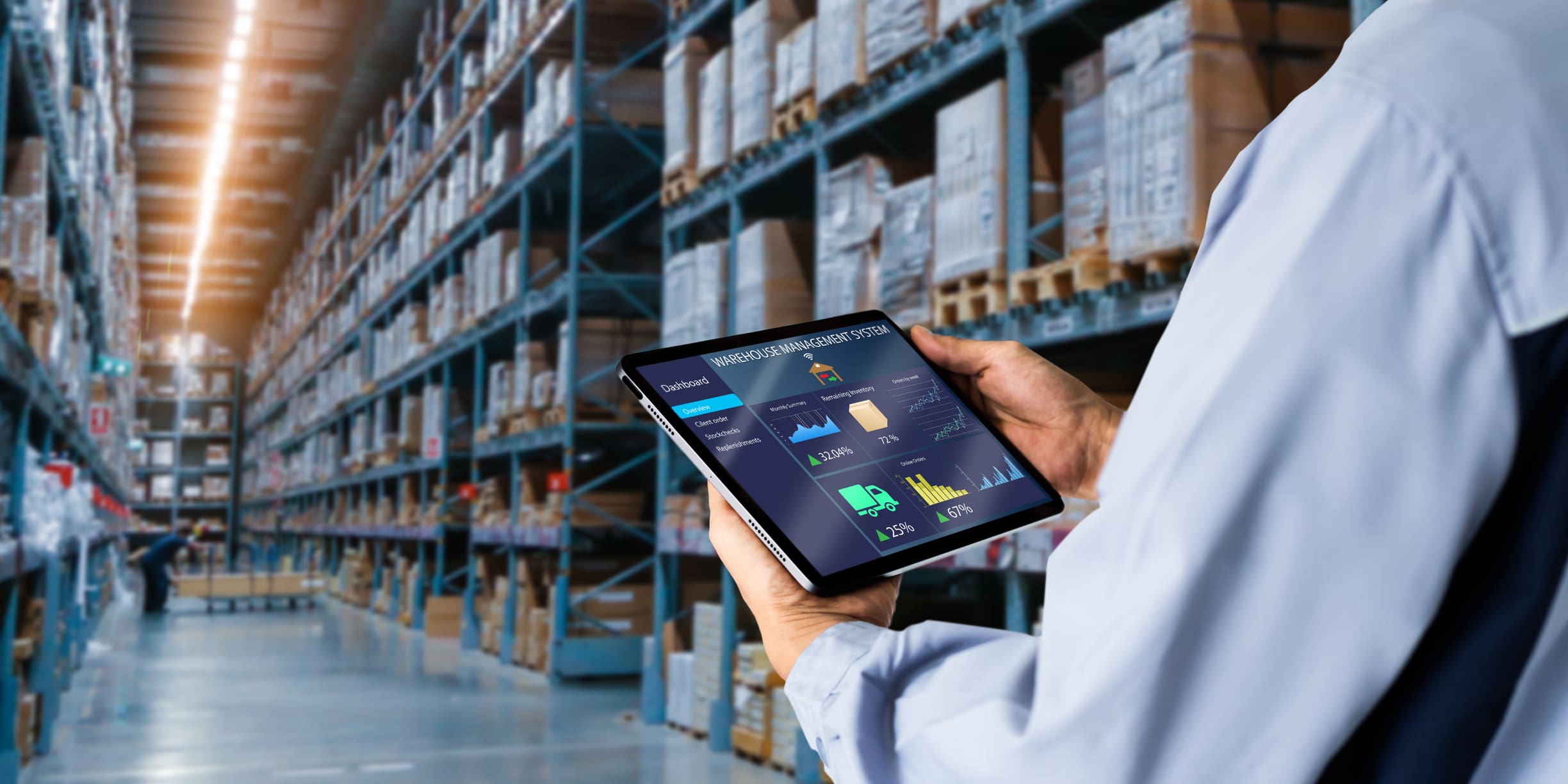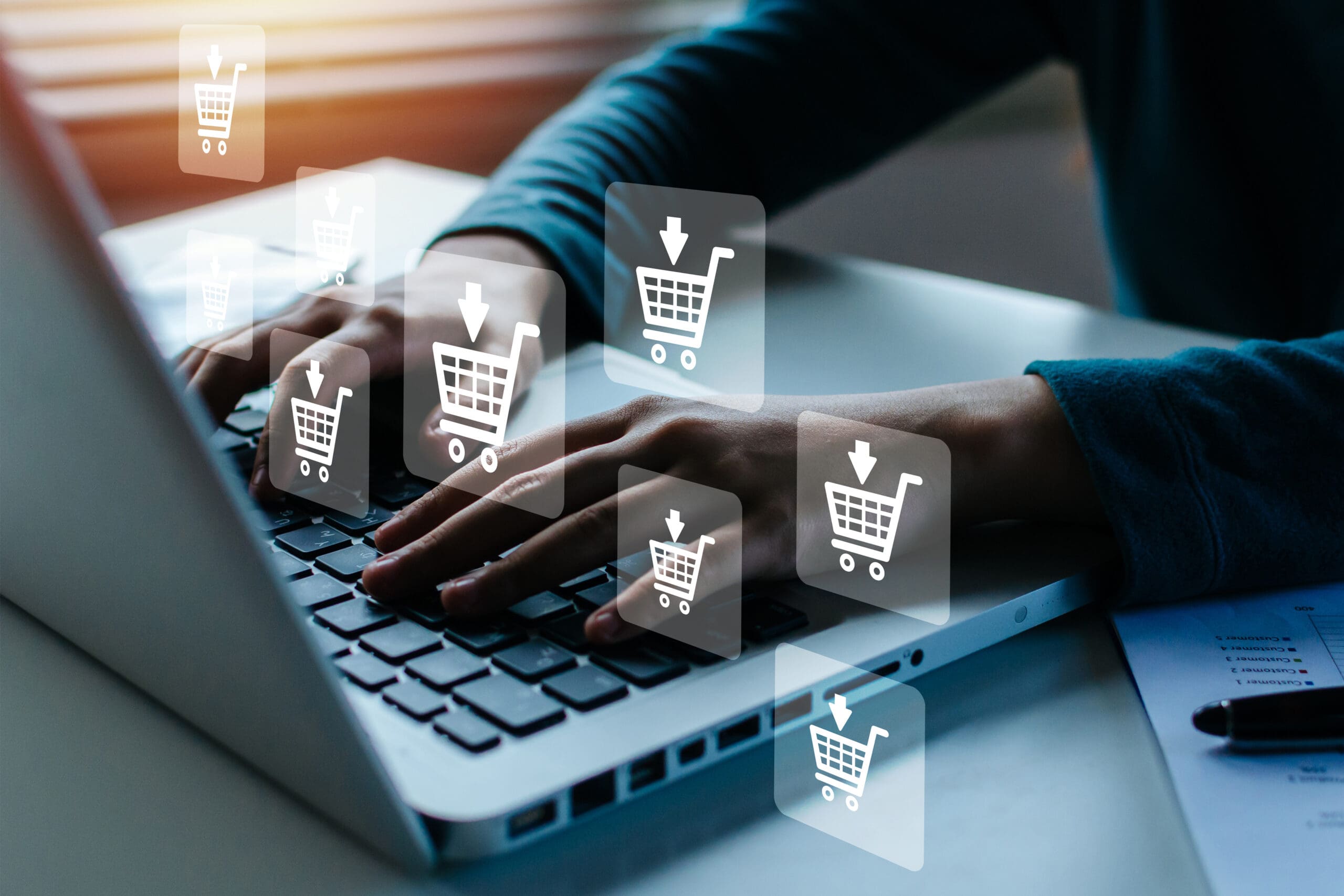Ensuring you have a functional and stable place to run your business is important. Most business owners at some point, will compare leasing versus buying warehouse space. While buying warehouse space offers your business another asset that will likely appreciate in value, there’s always a downside to consider too. Stay tuned as we compare leasing versus buying warehouse space.
The Pros of Leasing Warehouse Space
Leases are often easier to qualify for than loans to purchase. While selection may be limited for warehouses for leases and warehouses for purchase, when you lease you risk losing the space you depend on. Moving an entire warehouse is a huge chore. However, there are upsides to leasing too, such as not being responsible for maintenance and repairs and not having to fork over a lump sum of cash for a down payment. Here are some of the pros of leasing warehouse space.
Lower upfront costs:
- When you lease a warehouse you typically have to provide a down payment, but this is usually much less than a down payment for a loan to purchase a warehouse.
Flexibility:
- When you lease a warehouse, you have the flexibility to move locations as you choose. While you may have to break your lease, you will not have to worry about what to do with the space you leave behind.
Tax Benefits:
- Leasing can offer many tax benefits, just as owning a warehouse can. Lease payments and other related expenses can be tax deductible. Consult your tax specialist for specifics on the tax benefits you are eligible for if you lease a warehouse.
The Cons of Leasing Warehouse Space
Higher monthly costs:
- Lease payments may be higher than loan payments. Alternatively, if you pay cash for a warehouse you purchase, you will deplete valuable cash flow. While you may pay more to lease, and never recoup that money spent, there are usually lower upfront costs associated with securing the lease.
Less control:
- With a lease, you have a landlord to report to. You may be restricted from making modifications to the warehouse that would benefit your business. Additionally, you don’t have a say over when the lease is over or when rent increases. While you may be able to negotiate terms with the landlord, ultimately, it’s up to them what is allowed.
Uncertainty:
- Business ownership comes along with plenty of uncertainty. Therefore, when avoidable, you may want to avoid more of it. Leasing a warehouse can present uncertainties such as the lease being ended suddenly.
The Pros of Purchasing Warehouse Space
Investing in a warehouse you own can come with a huge upside. It can give your business activities a whole new avenue; real estate. Rather than paying money every month to a landlord, you can pay it toward a warehouse or investment that you own. From more stability to an asset you can liquidate, there are pros and cons associated with purchasing a warehouse space.
Ownership:
- Owning real estate is a worthy investment in most cases. When you own a warehouse, you can confidently build it out just as you want it, knowing that no one can make you move. You can also enjoy a monthly payment that will only fluctuate in the case you have a variable interest rate.
Long-term stability:
- When you own your warehouse space you can build with confidence. There’s no short-term lease agreement or threat of losing the space when you own it. As a result, you can invest more in building it out exactly how you want it and operate with more confidence.
Potential for equity growth:
- Real estate can present the opportunity for a solid ROI. When it’s time to sell the warehouse or free up cash flow, you can hopefully profit. Alternatively, if you need to borrow money while you own the warehouse, you can leverage the equity in the warehouse. Having equity in assets can also make your business look more appealing on paper.
The Cons of Purchasing Warehouse Space
Higher upfront costs:
- Purchasing a warehouse usually means taking out a loan. If you take out a loan, you will likely need a significant down payment to qualify. Additionally, if you pay cash you can carve out a lump of cash that you may need down the road to grow your business or simply just maintain healthy cash flow.
Less flexibility:
- When you own a warehouse space, it’s harder to move to a new space when you decide the current space isn’t enough or you’ve outgrown it.
Tax implications:
- Just as leasing can come with tax benefits, owning a warehouse can too. Taxes can be more complicated if you own a warehouse. In either case, you should consult your accountant to determine the tax perspective of owning versus leasing a warehouse.
Closing thoughts
The decision to lease versus own a warehouse is one to take seriously. Consider upfront and monthly costs as well as what locations are available. Investing time to find just the right space, whether you lease or buy can help set you up for success long term. If you choose to purchase or rent, there are upfront and long-term costs associated, both of which can impact your cash flow. Inventory financing is one way to help offset cash flow challenges while ensuring you have enough inventory to grow your business and turn a profit to cover that warehouse you worked so hard to get.
How Kickfurther can help
Kickfurther offers businesses a unique funding solution that’s flexible and affordable. Fund up to 100% of your inventory at Kickfurther with no immediate repayment.
No immediate repayments: You don’t pay back until your new inventory order begins selling. You set your repayment schedule based on what works best for your cash flow.
Non-dilutive: Kickfurther doesn’t take equity in exchange for funding.
Not a debt: Kickfurther is not a loan, so it does not put debt on your books. Debt financing options can sometimes further constrain your working capital and access to capital, or even lower your business’s valuation if you are looking at venture capital or a sale.
Quick access: You need capital when your supplier payments are due. Kickfurther can fund your entire order(s) each time you need more inventory.
Kickfurther puts you in control of your business while delivering the costliest asset for most CPG brands. By funding your largest expense (inventory), you can free up existing capital to grow your business wherever you need it – product development, advertising, adding headcount, etc. As a result, you can have more capital to put toward owning your warehouse if you choose.








